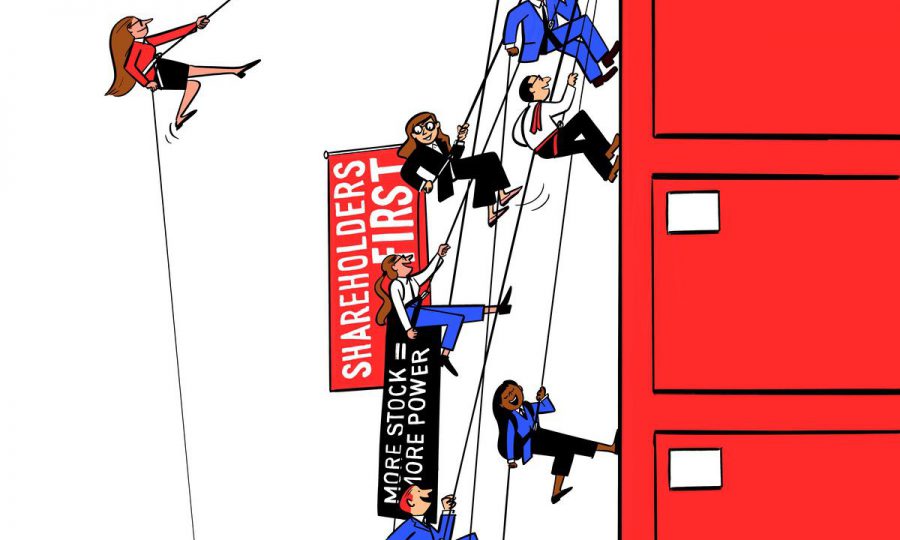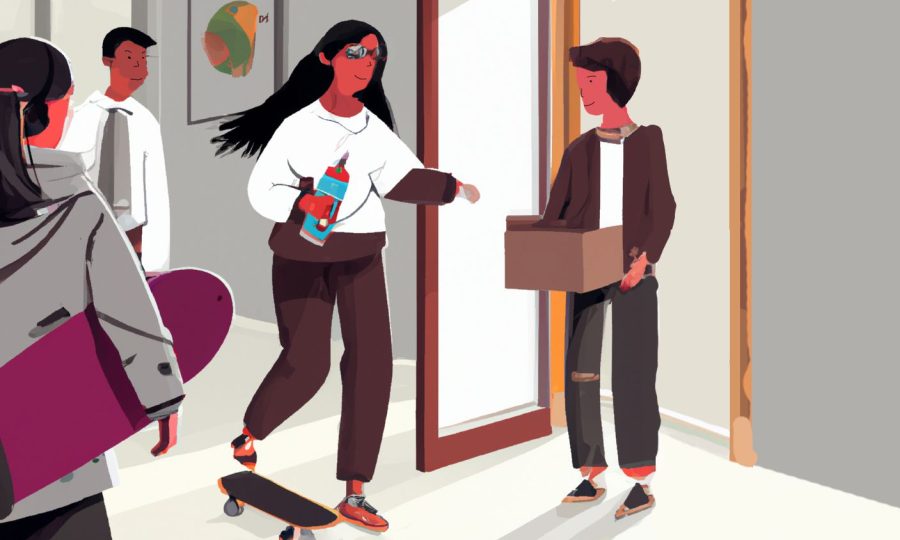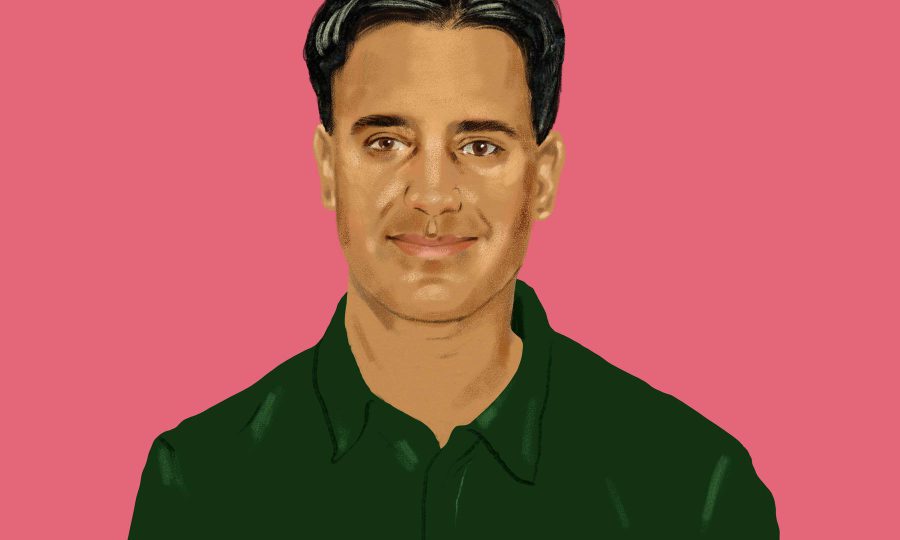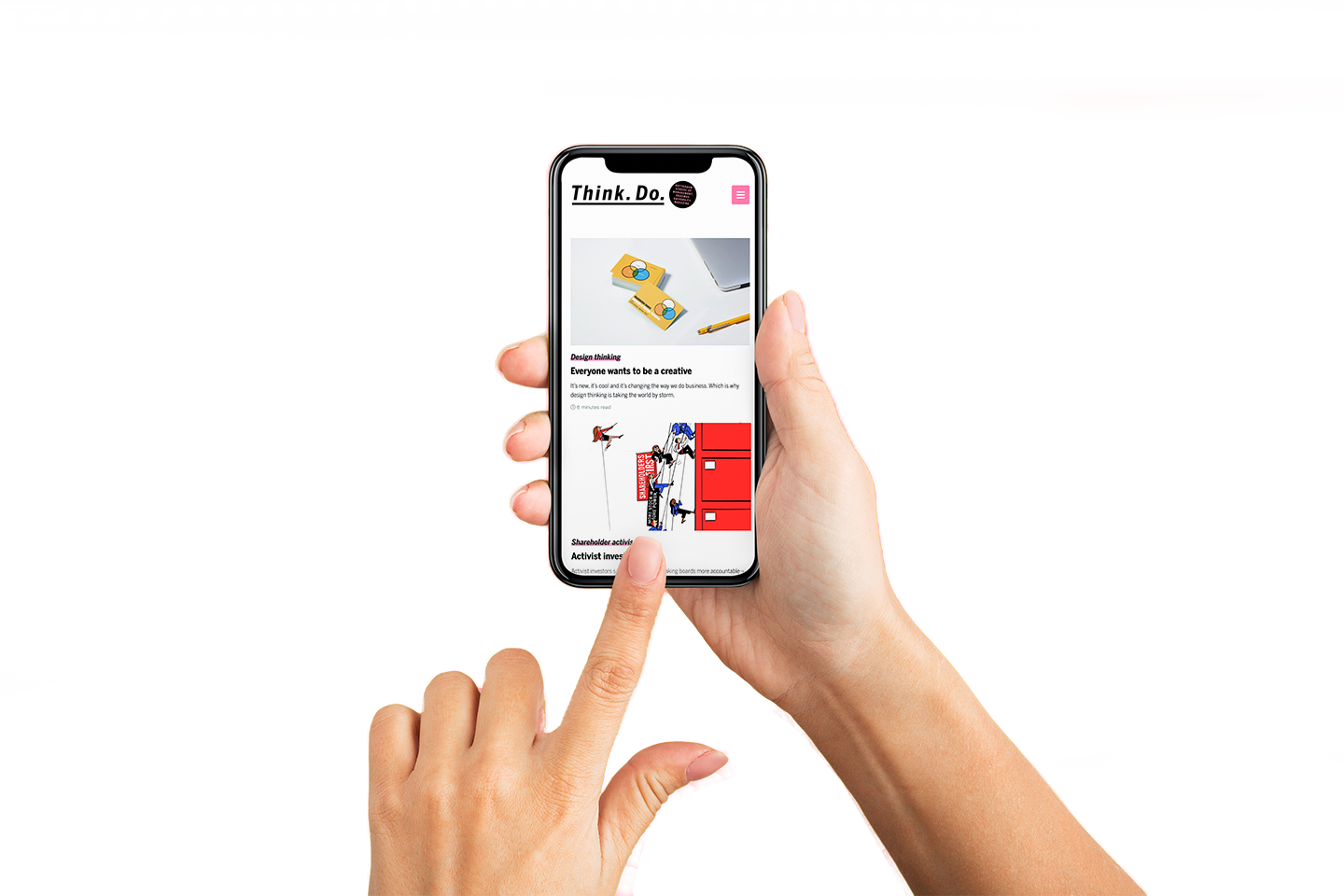Transition thinking
Businesses are entering a new age of uncertainty. Professor Derk Loorbach says it’s time to face it head on.
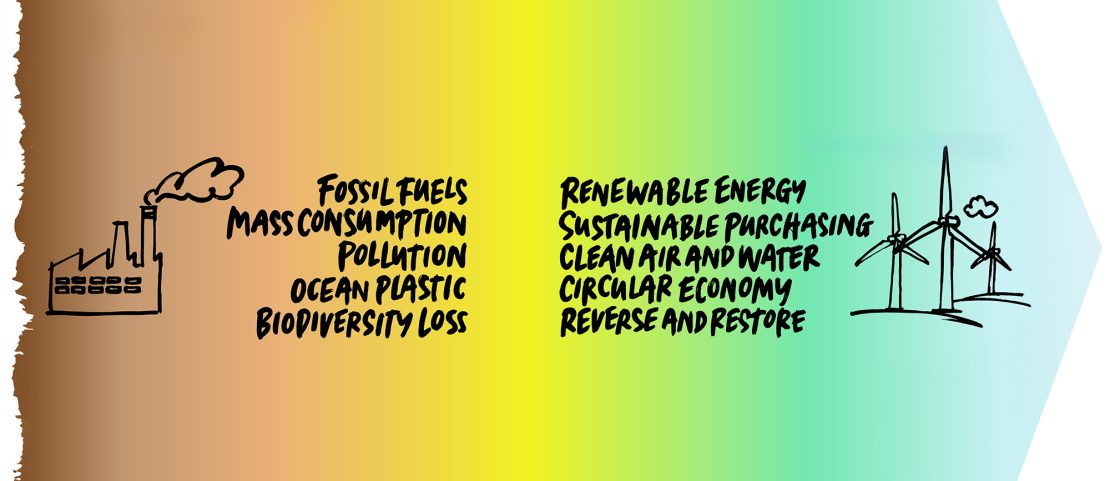
How do you boost an economy after the devastation of a world war? Governments in 1946 thought they knew the answer. Maximise production, using fossil fuels,
and encourage mass consumption. The result was lots of jobs and progress. What’s not to like? Well, there is one very big, uncomfortable fact, says Derk Loorbach, Professor of
Socio-Economic Transitions and Director of the Dutch Research Institute for Transitions. All that progress has come at the expense of other people, and the planet. Now the reckoning is here.
“There is no future in the current business model,” says Loorbach. “This is an obvious scientific fact, because of the existential problems the model creates – ecological collapse, climate change, biodiversity loss, social and economic inequalities and so on. Our fossil fuel linear economy is therefore moving out of equilibrium. Alternatives are developing and becoming competitive. Business as usual is impossible, so we are likely to see global shifts at scale within the next ten years.”
But it is possible to change your business for the better, so you’re not just getting by but getting ahead. And Loorbach and his co-writers have outlined their ideas in Adapt to Survive: Business transformation in a time of uncertainty, a brief written for the UN Environment Programme, to show you how.
Transition thinking starts with reflection, says Loorbach. Look at yourself in a broader context and start talking to stakeholders, your community, your sector and those that inspire you around the world – not just your own people. “Start a new conversation to explore your desired transition, while letting go of unsustainable practices and dependencies. Create new alliances and coalitions, and you create a living narrative of change.”
Then move to action. Consider how your business’s service, product or value could be reconfigured in a social and ecologically friendly way as ‘nature positive’. Along with contributing to renewable energy generation – or soil, land and water clean-up and restoration – the business should also consider how its model contributes to social value, such as establishing a basic income or bringing more people into the labour market. “And then translate that future business vision, in small steps, back to the present day,” says Loorbach. “You may already be doing some aspects of it. But you should be creating more space for new elements, while also starting to proactively phase out those unsustainable elements.”
Your business is likely to be operating within a whole new context, says Loorbach. What might it look like, for example, if health and sustainability become more important than economic growth? What might a different model of innovation look like, as opposed to current practices which only seek to optimise the current model?
This leads, he says, to a different kind of narrative, which changes the organisation’s strategic conversation. “Often, the question becomes how the organisation as a whole can become a transition leader, creating a sustainable and just market. That leads to strategic lobbying, working with your investors to not only further your own business model but help align other market actors as well. That’s when it becomes really market-shaping – when you move from individual leadership, to strategic leadership within the organisation, to a strategic leadership in the market.”
And there’s a practical aspect to transition, says Loorbach: you’ll be ahead of the pack when shocks start to arrive, such as the EU banning a raw material. “It is more and more likely that things like Covid, wars, droughts, political landslides and migration issues will occur. These are all indicators of the last phase of this linear, fossil fuel extractive model economy.”
Of course, nobody is denying that changing everything your business does is a huge challenge. After all, the majority of companies have optimised their business model and everything that goes with that – value chain, stakeholder network, expertise – within the current economic model. Loorbach acknowledges that transition thinking is a whole new way of thinking. It’s slightly scary. But it’s also hugely exciting. “Transition demands that businesses engage in critical self-reflection on their own entanglement with an unsustainable
and unjust economic model,” he says. “And then start asking: not ‘where can we improve?’, but ‘where are we? Is our model unsustainable? What parts of the business model are not futureproofed? Are we dependent on fossil fuels or fossil relations? Are we dependent on linear use in production and consumption of resources? Are we creating unjust or negative social effects?’”
And while asking the fundamental question – “are we future proof?” – can be painful, the process of reparation and self-transformation that comes from it can be hugely positive. “If you do that in an open and organised way, it generates a huge amount of creativity, innovation and ownership within and around your organisation. Of course, people will fight back. But the time to start thinking differently is now.”
